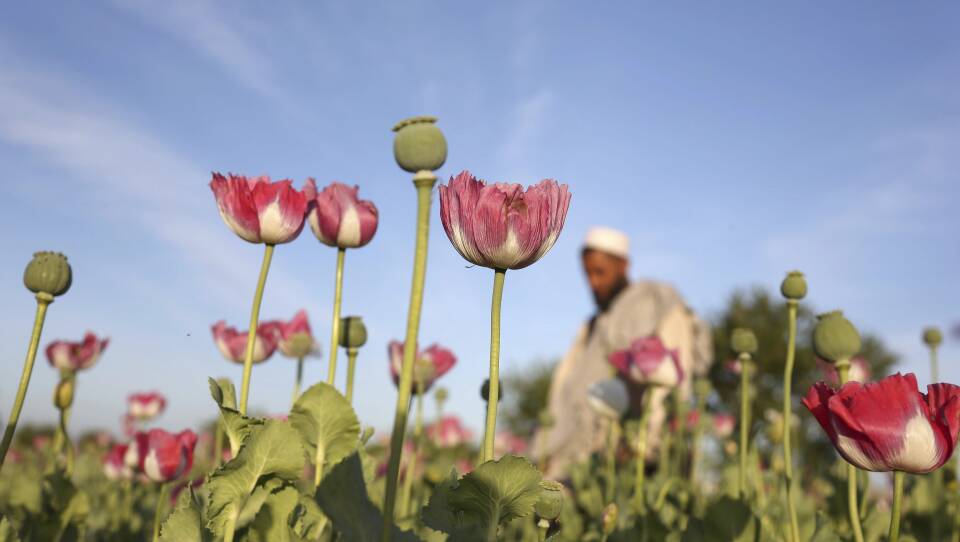It is believed that mankind has been utilizing opium poppies for recreational and medicinal uses dating as far back as 7,000 B.C., according to a new book, "Opium: How An Ancient Flower Shaped And Poisoned Our World."
On Boston Public Radio Thursday, co-author John Halpern, MD, discussed mankind's long and complicated relationship to the flower.
"People are absolutely astounded when they discover that the plant, the opium plant, doesn't exist in nature anymore. It's 100 percent cultivated. It was identified in pre-history in neolithic times, and doesn't exist in the wild, and has been tethered to humanity from the beginning," he said. "The earliest representations in the ancient world were the opium poppy and the pomegranate, as symbols of fertility. ... The idea of getting rid of this plant is impossible."
Halpern warned that history will continue to repeat itself with variants of opiates, as we claim new drugs will be safer and less addictive.
"I think it's quite poignant today that you think about Oxycontin and its trouble that it caused, was offered up because it was supposed to be safe — safer than the other opiates. Well, that's exactly what was said when Dilauded was synthesized, or when morphine was identified, all of them going back, they thought it would be safer," Halpern said.
He noted some immediate actions we can take as a society to improve patients' access to treatment, from changing the rules that prohibit doctors from prescribing methadone as a substance abuse treatment, to examining the state of prior-authorizations from insurance companies, which Halpern said are a "bottleneck" that makes it harder for patients to access treatment.
Halpern is a psychiatrist in private practice who formerly served as medical director of the Boston Center for Addiction Treatment, and former faculty member at Harvard Medical School, where he directed a research lab at McLean Hospital. He co-wrote the book with documentarian David Blistein.





